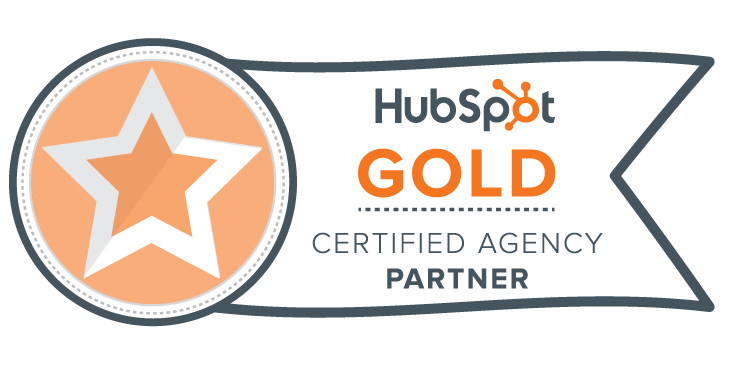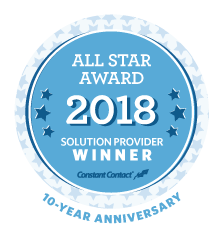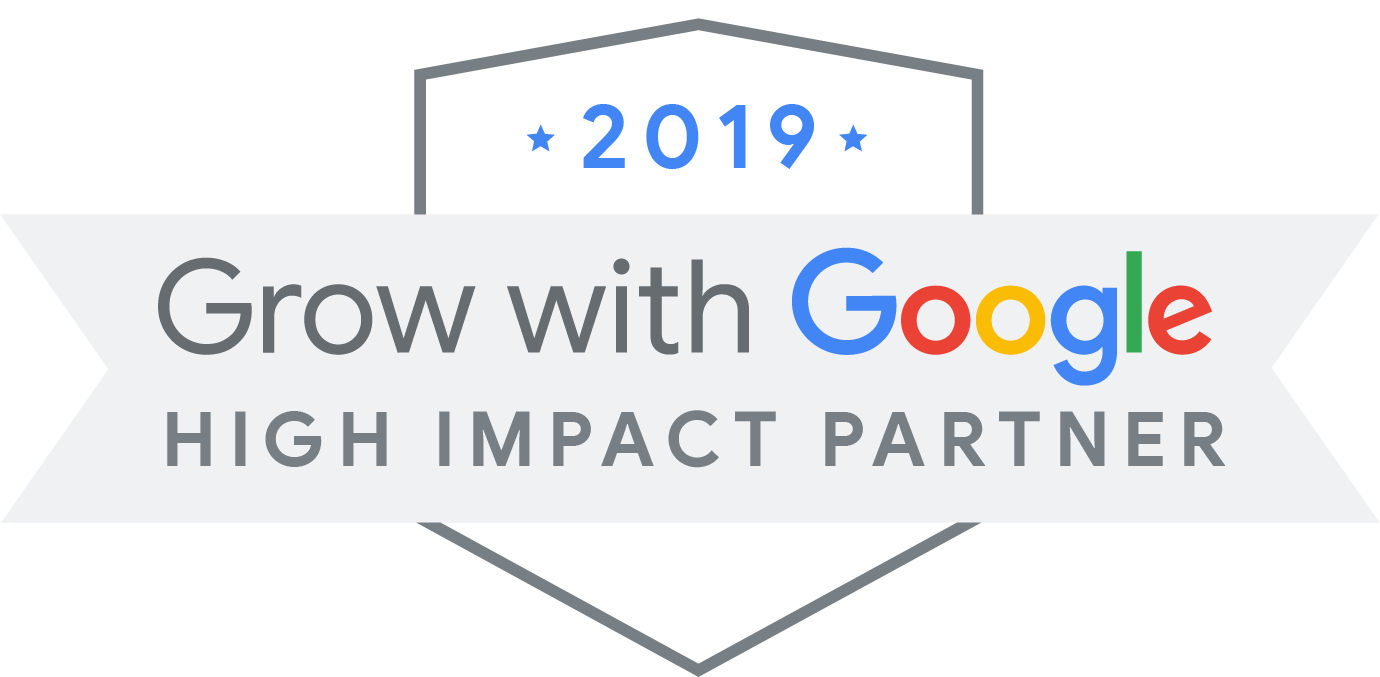
We’ve all seen it and heard about it – an Internet Troll comments online about a business and tried to take it down in a truly unfair way. There are many businesses that have been “taken down” by Trolls, partially because of the way the business responds online – and then it goes viral. We believe that education about what to do when the Trolls come calling is the best way to combat these extreme cases – and hopefully you won’t have to experience them in real life.
The Internet has created a new psychology called the Online Disinhibition Effect, which is the loosening of social restrictions and inhibitions that people would normally experience in face-to-face interactions. Trolls feel like they are just “talking” to their computer, and they will voice opinions in an angry, frustrated way. They primarily do this for amusement, from boredom, revenge or frustration. They often have a lack of guilt and empathy. To understand them better, “Don’t Feed the Haters: The Confessions of a Former Troll” gives you a sneak peek into the mind of a former Troll.
There are two types of Internet Trolls:
- Intentional Trolls: thrive on the anonymity the Internet provides and deliberately aim to ruin online conversations to achieve their desired fallout.
- Unintentional Trolls: don’t consider themselves trolls; however, by questioning others’ intelligence or by masking negative remarks they unintentionally disrupt threads, turning thoughtful discussions into insult battles.
How can you identify a Troll?
Identification can be tricky – because an angry customer with a legitimate issue isn’t a Troll. Here’s what you should look for:
Trolls typically:
- Post irrelevant content or things that didn’t happen
- Have a lower writing quality
- Are trying to get a reaction out of someone, generally attacking a person, as opposed to a situation
- They don’t quit – the discourse gets worse over time
How do you deal with a Troll?
There are many methodologies on dealing with Internet Trolls. Some people say to confront them, some suggest using humor, and others try to erase posts.
BizzyWeb recommends that you take the high road – read the comments, take a step back and take a breath to take the emotion out of the situation, and then:
- Monitor what people are saying about your company online
- Assess what they’re saying
- Engage with the contact, tell them you’re listening
- Resolve the situation offline
- Deflect – you don’t have to apologize, but understand that they had a bad experience
- Dilute – take it out of a space of frustration and find out the crux of the problem you’re trying to solve
Make sure that you respond with honesty, integrity and authenticity. Keep the conversation a business conversation, with less emotion, and try to take the conversation offline to resolve it as quickly as possible.
If Trolls come knocking, people want to see how you deal with them, and what you try to do to make it better. If the person still is frustrated with the outcome, people online can see that you tried to make it better. Fighting back just makes people angry, and it can turn viral quickly. Remember – you can attract more flies with honey, than with vinegar.
To learn more about dealing with Internet Trolls, watch the webinar we did on the subject:
***
* * *
Get Better Results with Growth-Driven Web Design – Free eBook
Growth-Driven Web Design is not only easier on your team and wallet- continuous updates and improvements to your website will keep your customers coming back for more. This free eBook goes over Growth-Driven Web Design and what you need to know to get started.
Need a new digital marketing or web design plan? We are a Minneapolis SEO, digital marketing, social media marketing, web design and HubSpot inbound marketing agency. We specialize in inbound marketing and Growth-Driven Design. We’re located just outside of Minneapolis. Stop on by and get started – and while you’re here, pick up a free honey stick (yes, we love our bee-related theme).
 Get Started
Get Started Support
Support Call us
Call us Email Us
Email Us



